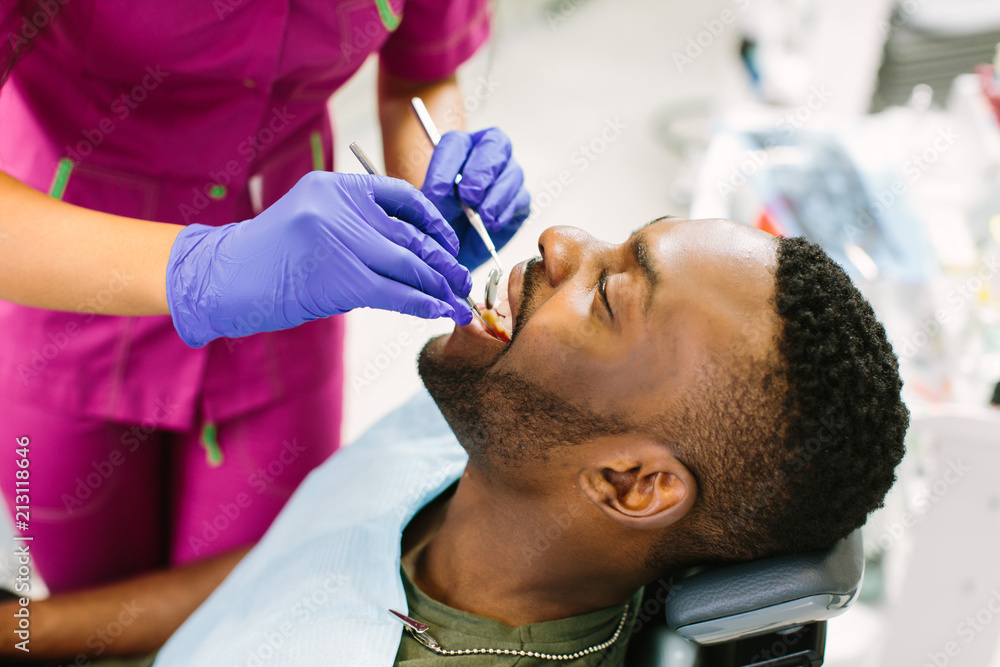Usual Questions Concerning Oral Veneers Responded To
Dental veneers have actually ended up being an increasingly desired choice for those seeking to boost their smiles, yet lots of people continue to be unclear about numerous elements of their usage. Key questions commonly occur pertaining to the application procedure, longevity, and prospective dangers related to these aesthetic improvements. In addition, the difference between porcelain and composite veneers can significantly influence one's option. As we discover these usual questions, it comes to be important to think about not only the advantages yet additionally the implications of selecting oral veneers in pursuit of an extra confident look. What variables should one weigh prior to making such a choice?
What Are Dental Veneers?
Oral veneers are thin, tailor-made shells crafted from porcelain or composite resin that are designed to cover the front surface area of teeth. These dental prosthetics offer both aesthetic and functional objectives, offering a solution for various oral blemishes, including discoloration, chips, spaces, and imbalance. By adhering to the teeth, veneers can dramatically improve the total look of a smile, developing a more appealing and consistent look.
Porcelain veneers are particularly preferred for their natural translucency and discolor resistance, making them a perfect selection for people seeking resilient results. On the other hand, composite material veneers are generally less costly and can be applied in a single see, yet they may not provide the same resilience as porcelain alternatives.
The decision to choose oral veneers commonly originates from a wish for visual improvement, yet individuals should likewise take into consideration variables such as the long life of the product, upkeep demands, and the prospective need for tooth reduction (Veneers). Eventually, oral veneers stand for a versatile and efficient service for attaining a radiant smile, satisfying private cosmetic needs while advertising confidence and self-esteem
Exactly How Are Veneers Applied?
The application process for veneers needs careful preparation and precision to guarantee ideal results. The treatment generally begins with a comprehensive consultation, where the dental practitioner assesses the client's dental health, goes over desired end results, and figures out the ideal kind of veneers, whether porcelain or composite resin.
As soon as the treatment strategy is established, the dental practitioner prepares the teeth by removing a slim layer of enamel, usually concerning 0.5 mm to 1 mm, to accommodate the veneer. This step is important as it makes certain an appropriate fit and stops the veneers from showing up bulky - Low Cost Veneers. After preparation, impacts of the teeth are taken to produce customized veneers that match the individual's one-of-a-kind oral framework and aesthetic preferences
While the permanent veneers are being produced in an oral laboratory, momentary veneers might be placed to shield the prepared teeth. As soon as the long-term veneers prepare, the dental professional will carefully bond them to the teeth utilizing a solid oral adhesive. Last adjustments are made to guarantee correct placement and attack, adhered to by polishing for a natural look. The process culminates in a follow-up appointment to keep an eye on the veneers' fit and the individual's satisfaction with their new smile.
What Are the Conveniences?

In addition, veneers are known for their durability and resistance to staining contrasted to all-natural teeth. Made from top notch materials such read this as porcelain or composite resin, they can maintain their look for several years with correct treatment. This durability makes them a sensible investment in one's oral look.
In addition to visual renovations, veneers can likewise add to enhanced oral wellness. By covering harmed or damaged teeth, they can provide additional support and protection, check here aiding to avoid more decay or wear and tear. This safety facet can reduce the need for more comprehensive dental procedures in the future.

Just How Lengthy Do They Last?
With correct treatment and upkeep, dental veneers can last anywhere from 10 to 15 years, making them a lasting service for improving one's smile. The long life of veneers greatly relies on the material made use of, the high quality of the first positioning, and the individual's adherence to dental hygiene methods.
Porcelain veneers are known for their sturdiness and resistance to discoloration, usually lasting closer to the 15-year mark when taken care of appropriately. Composite veneers, while a lot more economical, may need substitute earlier, commonly within 5 to 10 years because of their susceptibility to wear and discoloration.

Furthermore, putting on a mouthguard throughout sports or nighttime can offer added security. Inevitably, while veneers supply a considerable visual enhancement, their long life is significantly influenced by the dedication to proper dental care and regular consultations with an oral expert.
Are There Any Type Of Dangers?
Thinking about the transformative impacts of oral veneers, it is very important to recognize the potential risks connected with their application. While veneers can improve the look of teeth, the procedure entails the removal of a slim layer of enamel, which can boost tooth level of sensitivity and vulnerability to degeneration.
One significant danger is the opportunity of improper positioning or fitting, causing pain, bite Recommended Reading imbalance, or perhaps damages to the underlying tooth structure. Furthermore, if the veneers are not preserved effectively, they can become discolored or damaged gradually, requiring substitute.
Clients may likewise experience allergic reactions to the materials made use of in the veneers, especially if they have level of sensitivities to specific dental compounds. Moreover, while veneers are sturdy, they are not indestructible; too much force from squeezing or grinding can lead to cracks.
It is vital for people to speak with a certified dental professional to evaluate their private risks and to adhere to aftercare instructions faithfully. By understanding these risks, individuals can make informed decisions concerning their dental veneer treatment and ensure the longevity and success of their improvements.
Final Thought
In summary, oral veneers represent an important cosmetic remedy for improving smiles, with factors to consider concerning their application, benefits, durability, and linked threats. Their efficiency is affected by factors such as the option of product, with porcelain offering superior sturdiness compared to composite options. Correct care and upkeep are vital to make best use of the life-span of veneers. Ultimately, informed decision-making concerning oral veneers can lead to sufficient visual outcomes and improved oral wellness.
Dental veneers are thin, tailor-made coverings crafted from porcelain or composite resin that are developed to cover the front surface of teeth. After prep work, impressions of the teeth are taken to produce customized veneers that match the person's special dental structure and visual choices.
While the permanent veneers are being fabricated in a dental lab, short-lived veneers might be placed to safeguard the ready teeth. Once the irreversible veneers are prepared, the dentist will meticulously bond them to the teeth making use of a strong oral adhesive. Ultimately, notified decision-making regarding oral veneers can lead to satisfactory aesthetic outcomes and enhanced dental health.